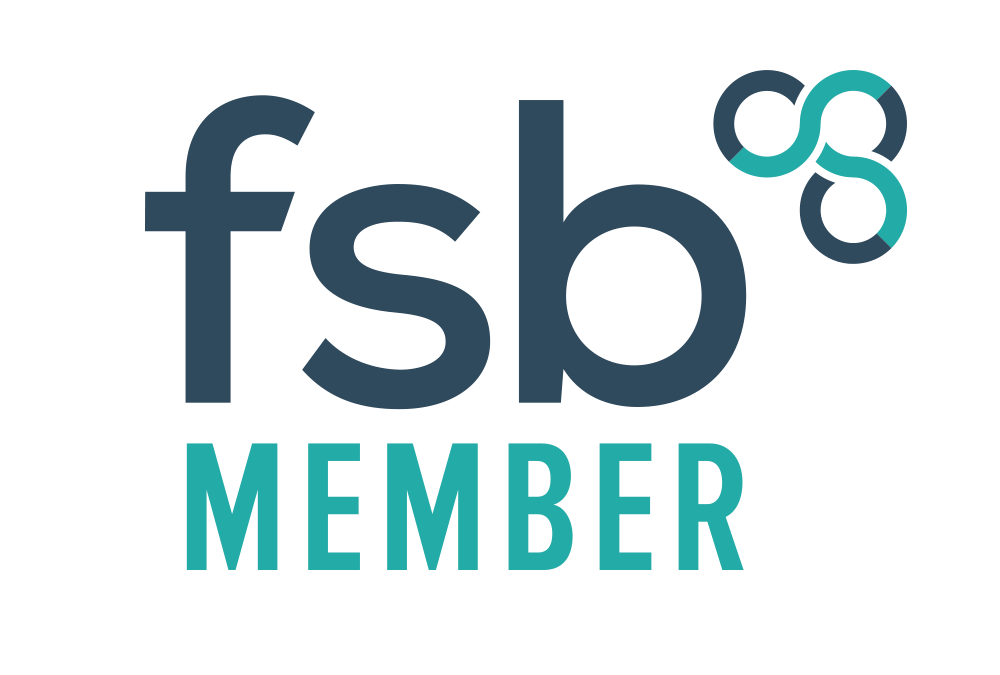Legal services tailored to your needs
high quality, practical legal advice at a reasonable price
Services for Individuals Services for BusinessParis Steele is a traditional, yet innovative firm of lawyers with offices throughout East Lothian. Formed in 1926 we provide a broad range of legal services for individuals, families and businesses.
We firmly believe that our clients should enjoy high quality, practical legal advice at a reasonable price. Our aim is to work in partnership with you to provide solutions tailored to your individual needs.
We specialise in and offer the following services
Property for Sale
Find out more
View our current portfolio of properties for sale.
Family Law
Find out more
Helping our clients find effective solutions to the family law matters they face.
Will & Power of Attorney
Find out more
Helping our clients put their own affairs, or those of their loved ones, in order.
Incapacity & Guardianship
Find out more
Ensuring our clients have arrangements in place if they need someone to help with their future welfare and financial needs.
Residential Property
Find out more
Whether buying or selling a home, we guide our clients through the entire process to ensure a smooth transaction and timely completion.
Commercial Property
Find out more
We take a practical and commercial approach aimed at helping you complete your commercial property deals quickly, with confidence and with value for money.
About us
Paris Steele has been providing a comprehensive legal service to the residents of East Lothian since 1926. We have offices in North Berwick and Dunbar and are proud to combine the highest quality of professional advice with first-rate customer service.
Find out moreProperty for Sale
All members of our property team have a detailed knowledge of property and the local property market. View our current portfolio of properties for sale.
Find out more


